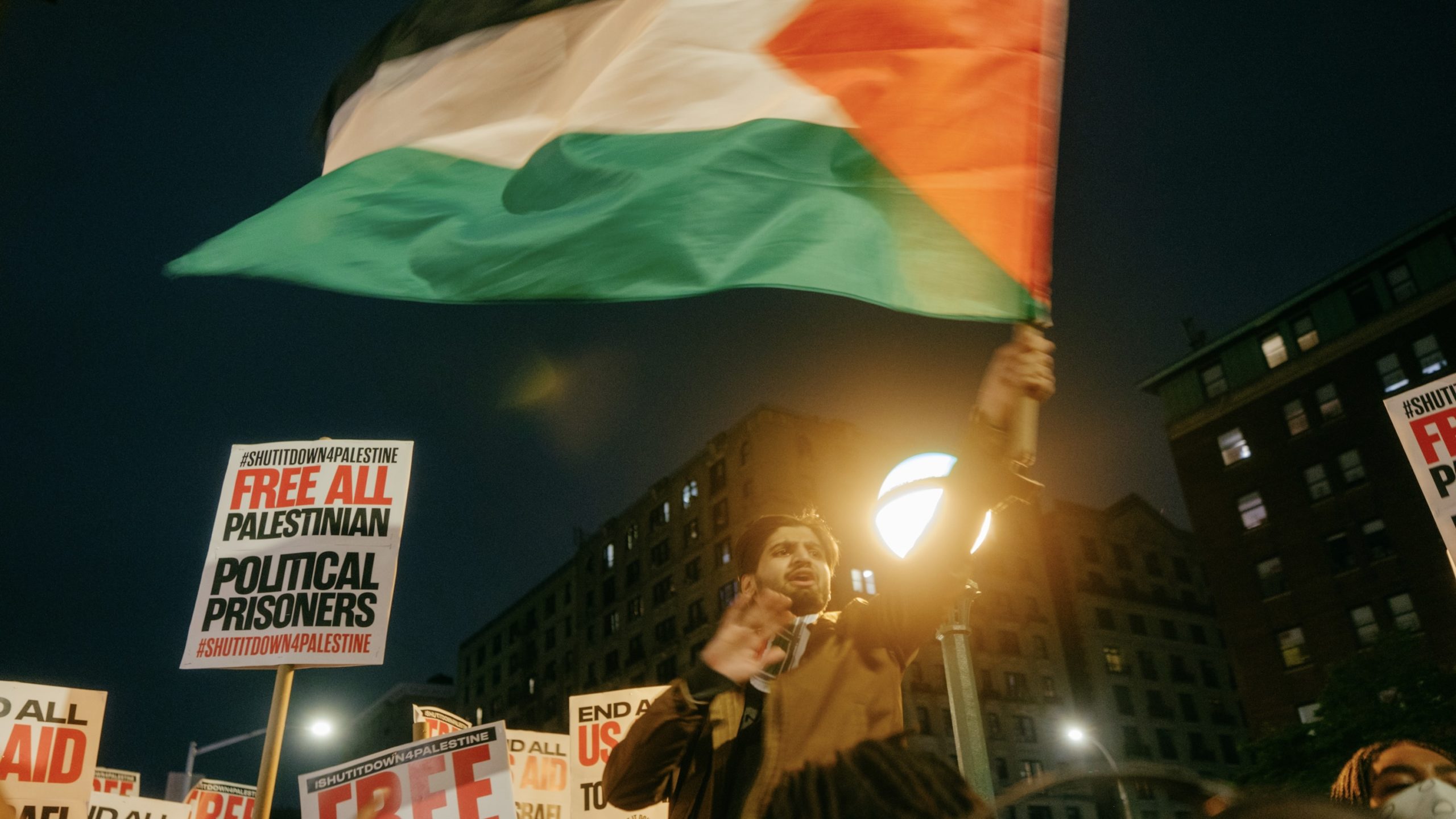After several months of recriminations on the responsibility of stalemating negotiations between the Palestinian Islamic Resistance Movement, Hamas, and the Israeli occupation, Hamas chief Ismail Haniyeh stated on Thursday May 2, that the movement is studying the latest Israeli proposal for a truce in Gaza, and captives-for-prisoners’ swap deal, with a “positive spirit”. The movement also stated it was sending a delegation to Egypt for further truce talks, in which Qatar, Egypt and “ostensibly” the US play the role of mediators.
After a seven-month-old gruesome genocide carried out by the Israeli occupation forces and backed by countries in the West, the US Secretary of State, Antony Blinken, intensified the US administration’s pressure on Hamas to accept the latest ceasefire proposal.
Blinken described Israel’s latest proposal for ceasefire in Gaza on Monday, April 29 as “extraordinarily generous”, during his stop in Saudi Arabia as part of his recent tour in the Middle East, which also included Jordan and Israel to meet with regional partners regarding the deadlocked Gaza ceasefire talks. “In this moment, the only thing standing between the people of Gaza and a cease-fire is Hamas,” Blinken said
Although the US administration has played the role of Israel’s front line devil’s advocate in the United Nations Security Council during the recent Israeli war in Gaza, and has patronized the Israeli occupation atrocities against the Palestinian people for decades by supplying it with arms, billions of dollars and unrestricted political support, it is now pretending to be the dove of peace, whose wings were clipped by Hamas’ “intransigence”.
While Blinken characterized Israel’s latest proposal as “extraordinarily generous” referring to some possible concessions and compromises made by Israel during the current critical stage of negotiations with Hamas, the official Israeli army’s radio quoted some Israeli officials’ statements on Thursday, May 2, on Israel’s willingness to withdraw from Netzarim Corridor, that separates northern Gaza from its southern part, completely. The Israeli officials described the withdrawal as a “high price” for a deal that encompasses a captive-for-prisoner swap.
However, Israeli Prime Minister Benjamin Netanyahu informed Blinken during his visit to Israel on Wednesday May 1, that he will not accept an end to the war on Gaza as part of a potential captive-for-prisoner swap deal, according to Israeli media reports.
Netanyahu’s stubbornness continues, while the pressure on him increases by the families of Israeli captives in Gaza, and amid reports that the International Criminal Court (ICC) may issue warrants for the arrest of Netanyahu and other top Israeli officials. This could include Defense Minister, Yoav Gallant, and the chief of the Israeli occupation forces’ general staff, Herzi Halevi, for their responsibility for genocide, war crimes, crimes against humanity, or starting a war of aggression.
Israel’s eternal patron has not been immune of pressure, as pro-Palestinian protests have rocked universities across the United States of America over the last couple of weeks, which in their turn sparked global demonstrations in different parts of Europe, Asia, and Latin America.
Across the world, student protesters have been calling for an immediate ceasefire in Gaza, and demanding their universities to divest from companies that support the Israeli occupation forces. The widespread student protests are exposing Israel to further international isolation, while contributing to broader solidarity with the Palestinian cause around the globe.





